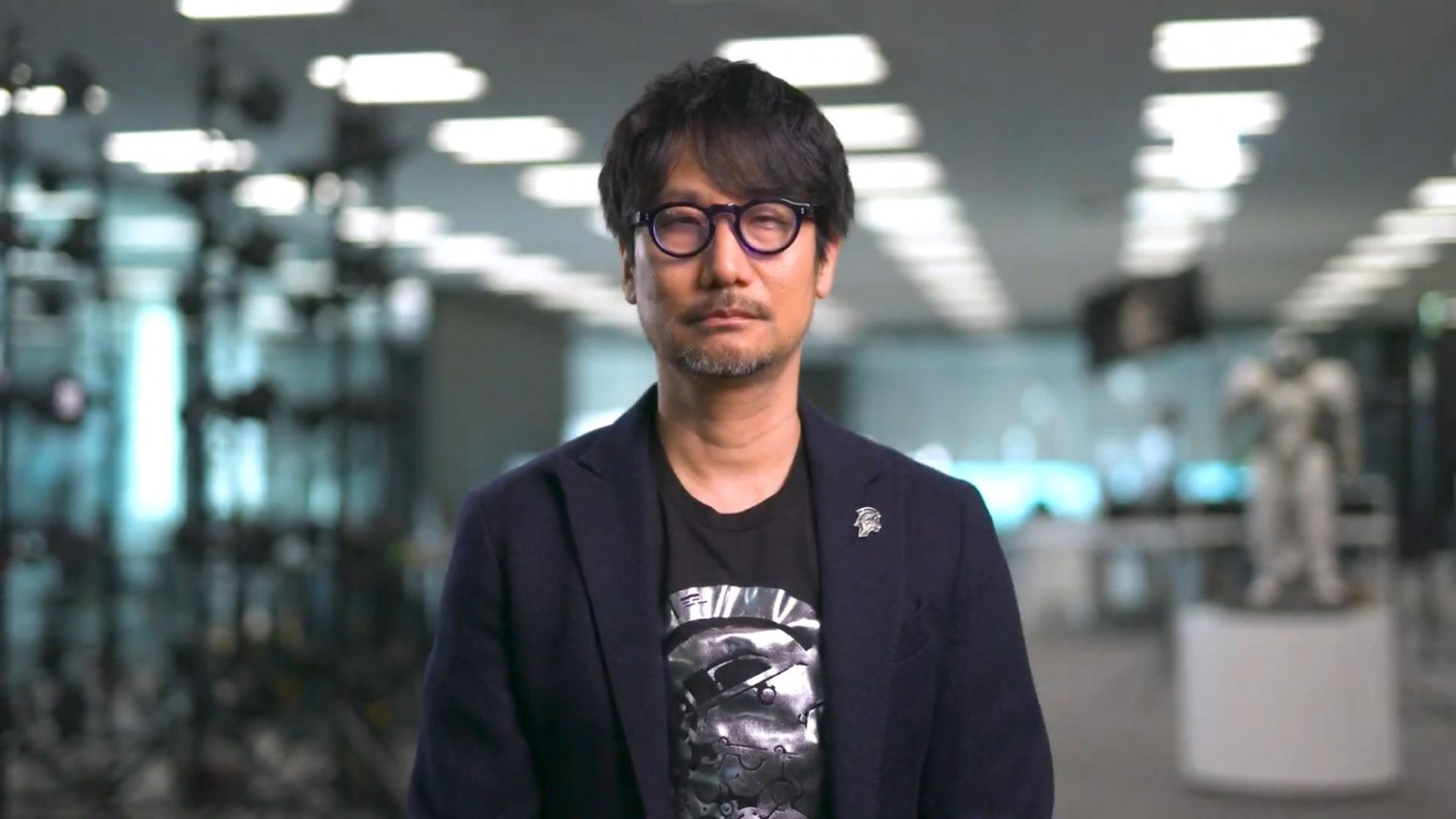Hideo Kojima: “Humans should be above” AI
“I will order AI to do something and if they don’t listen I will gut that AI"

Game director and aspiring space man Hideo Kojima likes to be on the cutting edge of technology, and in fact his acclaimed titles like Metal Gear Solid and Death Stranding often feature technology as the pathway to connection. But when it comes to the hot button issue of generative AI, Kojima has more complex feelings on the matter.
At the New York City premiere of the Hideo Kojima documentary, Geoff Keighley asked Kojima about his feelings on AI in a post-screening Q&A. Kojima won some early cheers from the crowd when he said (via English interpreter) that AI shouldn’t replace humans as the primary creators of art.
“I don’t think AI would take over,” Kojima said. Speaking theoretically, Kojima added that if AI evolves to the point he has to work with it, “I will order AI to do something and if they don’t listen I will gut that AI Humans should be above it.”
Following applause from the audience, Kojima revealed more lukewarm feelings about AI and that he’s not totally against using it. “It’s up to how you use the AI,” he said, believing there are benefits in shortening the grueling, years-long production process.
He brings up a hypothetical scenario, using an average four year development cycle employing approximately 600 people for a triple-A video game.
“If you change it to 300 with AI, maybe it will be faster. But the creator has to order what to do, something that’s time consuming. I think it’s an exciting future. And I will make AI a gamer too, so they help me elevate more, you know?” While the crowd had a muted response, tensions relaxed when Kojima joked, “You were supposed to laugh, sorry.”
While modern artificial intelligence has been around in some form since the 1950s, generative A.I. is far more recent and has inspired divisive reactions. Primarily, resentment over generative A.I. comes from artists of various disciplines – literature, film, journalism, video games, and more – who fear their livelihoods could be cheaply replaced by AI.
Sign up to the GamesRadar+ Newsletter
Weekly digests, tales from the communities you love, and more
Such fears aren’t unfounded. In June, data published by Challenger, Gray & Christmas revealed that AI was responsible for the loss of almost 4,000 jobs in sectors like technology, retail, and automotive. Earlier in March, economists at Goldman Sachs predicted that AI could lead to job losses of up to 300 million.
While it’s hard for anyone to predict the full extent of generative AI to change art and labor, one guarantee is that those in charge will always prefer whatever saves the most money. In his games like Death Stranding, Kojima shows a bleak vision of a post-apocalyptic future where people attempt to survive a scary new reality while clinging on to whatever is left. Kojima may not be able to predict what’s actually going to happen, but he sure has a way of capturing the mood.
Here's everything we know about Death Stranding 2 so far.

Eric Francisco is a freelance entertainment journalist and graduate of Rutgers University. If a movie or TV show has superheroes, spaceships, kung fu, or John Cena, he's your guy to make sense of it. A former senior writer at Inverse, his byline has also appeared at Vulture, The Daily Beast, Observer, and The Mary Sue. You can find him screaming at Devils hockey games or dodging enemy fire in Call of Duty: Warzone.


